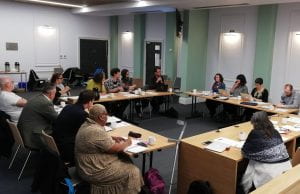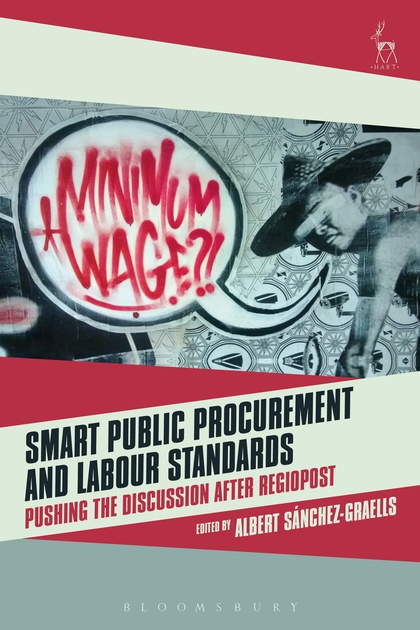By Prof Charlotte Villiers, Professor of Company Law and Corporate Governance (University of Bristol Law School)
 The world is now in almost complete lockdown as this Covid-19 public health crisis has reached its ‘boom’ stage[1] for many countries. People are frightened for the health of themselves and their loved ones and the financial security of huge numbers of workers is at risk. In the UK, the front-line workers with the task of treating the sick and caring for them are the care professionals, clinicians and nurses in the NHS. One of the key words that guides the NHS and is embedded within its constitution is ‘compassion’. Principle 3 states that: ‘Respect, dignity, compassion and care should be at the core of how patients and staff are treated not only because that is the right thing to do but because patient safety, experience and outcomes are all improved when staff are valued, empowered and supported.’ In its Values section, the constitution adds: ‘compassion is central to the care we provide and respond with humanity and kindness to each person’s pain, distress, anxiety or need. We search for the things we can do, however small, to give comfort and relieve suffering. We find time for patients, their families and carers, as well as those we work alongside. We do not wait to be asked, because we care.’
The world is now in almost complete lockdown as this Covid-19 public health crisis has reached its ‘boom’ stage[1] for many countries. People are frightened for the health of themselves and their loved ones and the financial security of huge numbers of workers is at risk. In the UK, the front-line workers with the task of treating the sick and caring for them are the care professionals, clinicians and nurses in the NHS. One of the key words that guides the NHS and is embedded within its constitution is ‘compassion’. Principle 3 states that: ‘Respect, dignity, compassion and care should be at the core of how patients and staff are treated not only because that is the right thing to do but because patient safety, experience and outcomes are all improved when staff are valued, empowered and supported.’ In its Values section, the constitution adds: ‘compassion is central to the care we provide and respond with humanity and kindness to each person’s pain, distress, anxiety or need. We search for the things we can do, however small, to give comfort and relieve suffering. We find time for patients, their families and carers, as well as those we work alongside. We do not wait to be asked, because we care.’
It was notable that in recent announcements from our new Chancellor, Rishi Sunak, and Scotland’s First Minister, Nicola Sturgeon, both expressed the need for compassion. Rishi Sunak said: ‘Now more than at any time in our history we will be judged by our capacity for compassion. Our ability to come through this won’t just be down to what government or businesses do but the individual acts of kindness that we show each other.’[2] Nicola Sturgeon also said ‘This crisis is reminding us just how fragile our world is. But it is also reminding us what really matters – health, love, solidarity. With compassion and kindness – and with the dedication and expertise of our NHS – we can and we will get through this.’[3] These speeches indicate that our political leaders recognise that compassion is a necessary response to the crisis that we must confront, collectively, as human beings. (more…)








